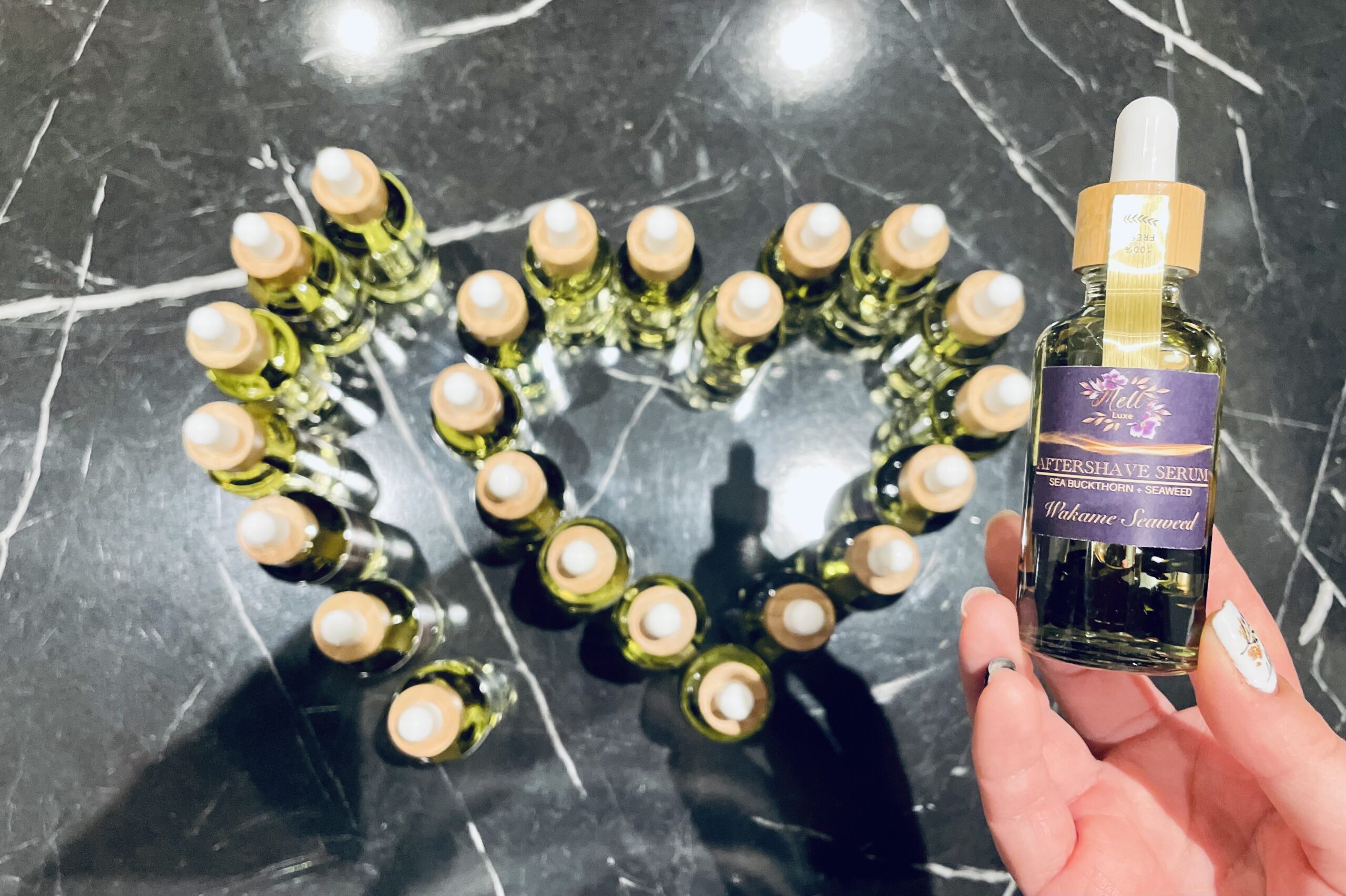The beauty industry is rapidly evolving, with organic and vegan skincare leading the way. More consumers are becoming aware of the impact that mainstream beauty products can have on their health and the environment, shifting the focus toward clean, natural alternatives. But what exactly makes organic and vegan skincare the future of beauty? Let’s dive into the benefits and the reasons why more people are embracing these choices.
The Harmful Ingredients in Conventional Skincare
Many mainstream skincare products contain synthetic chemicals like parabens, sulfates, and phthalates, which have been linked to a variety of health concerns. Parabens, for instance, are preservatives that have been associated with hormonal disruption and even an increased risk of breast cancer . Sulfates, commonly found in cleansers and shampoos, can strip the skin of natural oils and cause irritation . As consumers become more aware of these risks, the demand for clean, natural alternatives is growing.
Organic Skincare: What’s the Difference?
Organic skincare uses ingredients grown without harmful pesticides, synthetic fertilizers, or genetically modified organisms (GMOs). These ingredients are not only better for your skin, but they are also better for the planet. Organic farming practices promote biodiversity, reduce pollution, and conserve water, making them a more sustainable choice.
In addition to being pesticide-free, organic ingredients are often richer in antioxidants and nutrients. Studies show that organically grown plants contain higher levels of antioxidants . These antioxidants help to protect the skin from free radicals, which can cause premature aging and damage.
The Rise of Vegan Skincare
Vegan skincare takes it a step further by eliminating all animal-derived ingredients like beeswax and lanolin. Not only does this align with ethical values around animal welfare, but vegan products are often gentler on the skin. Animal by-products can sometimes cause allergies or irritations, making vegan formulations a safer choice for sensitive skin.
In addition to avoiding animal ingredients, vegan skincare is often cruelty-free, meaning it hasn’t been tested on animals. This is increasingly important to today’s consumers, with a growing demand for cruelty-free certifications. In fact, a report by Global Data shows that 60% of consumers are willing to pay more for products that are cruelty-free .
The Environmental Impact
The environmental footprint of the beauty industry is significant, with plastic packaging, chemical pollutants, and animal testing causing widespread harm. Organic and vegan skincare brands are leading the charge in reducing this impact by using sustainable packaging, ethical sourcing, and clean, non-toxic ingredients. Brands that focus on eco-friendly practices, like using recyclable or biodegradable packaging and sourcing ingredients responsibly, appeal to the growing number of eco-conscious consumers.
For instance, many organic skincare products come in glass jars or compostable materials, reducing plastic waste. Some companies also use refillable containers, allowing customers to reduce their waste footprint over time.
Why Organic and Vegan Skincare Works for All Skin Types
One of the most appealing aspects of organic and vegan skincare is how well it works for a variety of skin types. Natural ingredients tend to be less harsh than their synthetic counterparts, making them suitable for sensitive, acne-prone, or reactive skin. Organic plant oils, for example, are rich in fatty acids and vitamins that nourish and hydrate without causing breakouts. Vegan ingredients like aloe vera, shea butter, and coconut oil provide intense hydration and healing properties without clogging pores.
Additionally, many organic and vegan products focus on balance rather than stripping the skin. Conventional products, especially those with sulfates or alcohol, can disrupt the skin’s natural barrier. Organic and vegan formulas often work with the skin’s pH, helping maintain its natural protective oils while treating concerns like dryness, aging, or blemishes.
A Future Focused on Sustainability and Health
As more people prioritize both their health and the health of the planet, the beauty industry must evolve. Organic and vegan skincare isn’t just a trend; it’s a response to a growing need for products that are safe, ethical, and effective. With cleaner formulations, sustainable packaging, and cruelty-free practices, this movement represents the future of the beauty world.
By choosing organic and vegan skincare, consumers aren’t just protecting their skin from harmful chemicals—they’re making a statement about the kind of world they want to live in. It’s beauty that’s kind to your skin, animals, and the environment.
So, whether you’re looking to switch to cleaner, more sustainable beauty products, or you’re already a fan of organic and vegan skincare, there’s never been a better time to embrace this future-forward beauty revolution.

